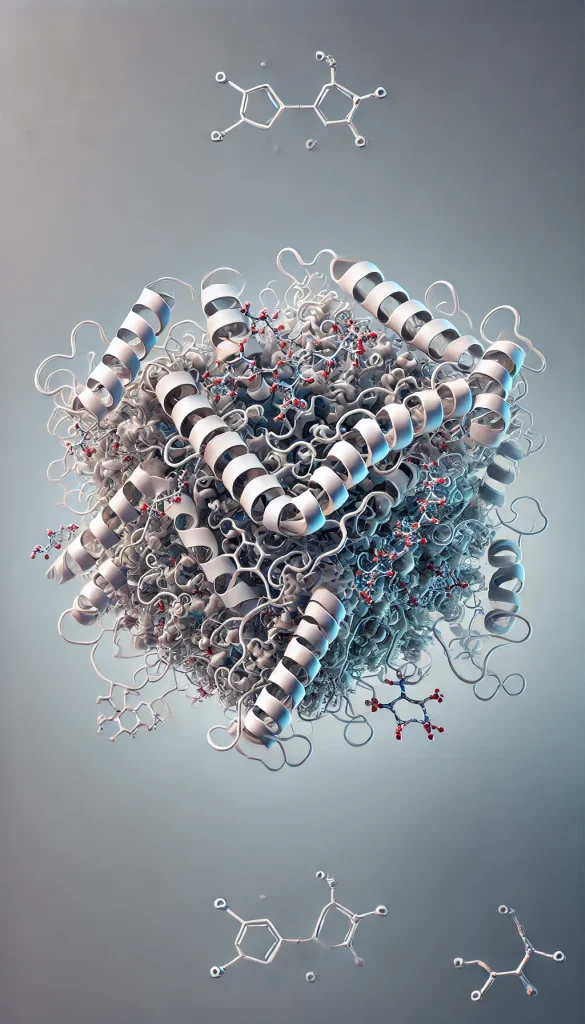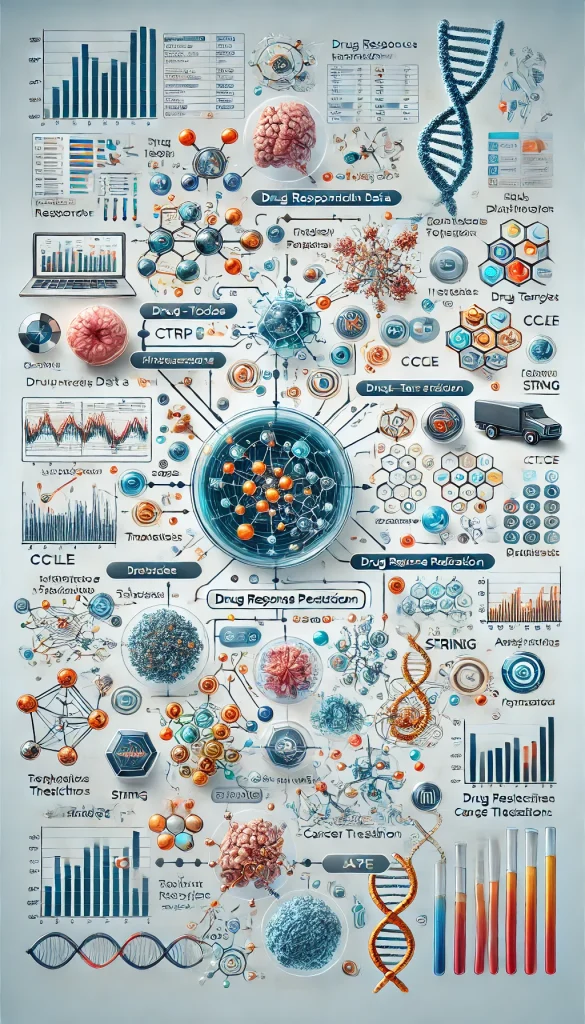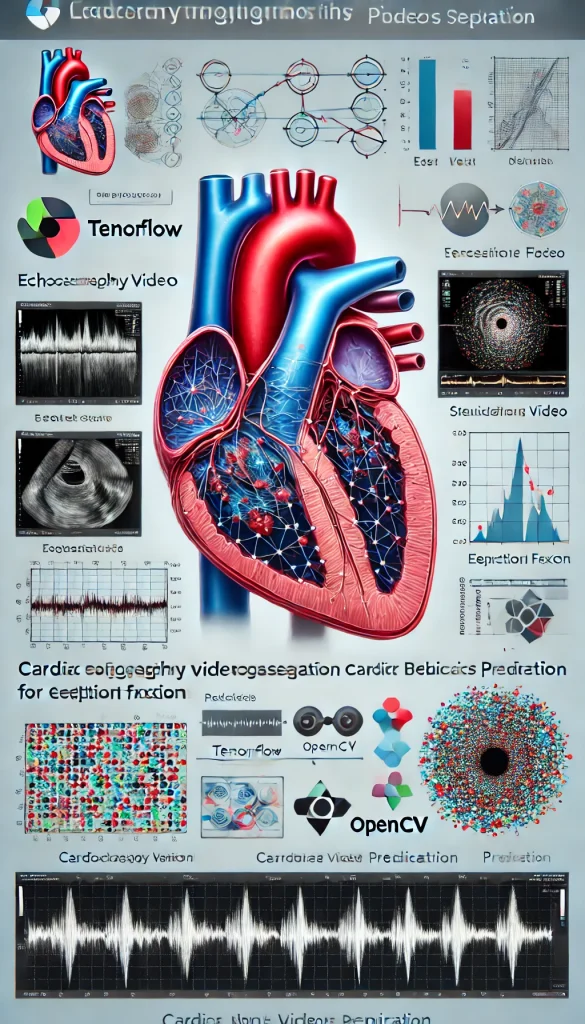
Advanced Machine Learning for Protein-Ligand Binding Affinity Prediction
In this cutting-edge research project, I’m developing a novel AI-based model to predict the binding affinity between proteins and drugs using both 3D structural and sequence information. This approach aims to overcome the limitations of traditional protein-ligand docking methods by accounting for protein flexibility and conformational changes. By leveraging recent advances in machine learning and deep learning, including adaptations of the EvoFormer architecture from AlphaFold2, the model will predict flexible, all-atom structures of protein-ligand complexes. This research has the potential to significantly advance the field of drug discovery, leading to more efficient development pipelines and the discovery of novel therapeutic compounds. The project integrates complex data from sources like PDBbind and BindingDB, and employs sophisticated training and evaluation techniques to ensure robustness and generalizability.
Download Full Research Proposal (PDF)
Machine Learning and Network Science for Drug Response Prediction
In this innovative research project, I am developing an advanced AI-driven model to predict drug responses in cancer treatments by leveraging a comprehensive integration of multi-omics data. The model utilizes transcriptomic data alongside protein-protein interaction networks and drug-target interaction data to enhance the prediction of patient-specific responses to various therapies. This approach addresses the inherent complexities and heterogeneity of cancer by integrating and analyzing data from multiple sources, including the Cancer Therapeutics Response Portal (CTRP), Cancer Cell Line Encyclopedia (CCLE), and STRING database.
By employing cutting-edge machine learning and deep learning architectures, the model synthesizes insights from diverse data types, enabling more accurate predictions of drug efficacy. This research aims to transform personalized cancer treatment by offering more precise, targeted therapeutic strategies, ultimately reducing reliance on trial-and-error approaches in clinical settings and accelerating the development of effective cancer therapies


Echocardiography Video Segmentation for Cardiac Biometrics Prediction
In this cutting-edge project, conducted within the AIMedic startup studio, I collaborated with a team of computer scientists and engineers to develop an advanced computer vision model for the segmentation of heart compartments in echocardiography videos. Leveraging powerful tools such as TensorFlow and OpenCV, our model was designed to accurately segment the cardiac structures, enabling precise calculation of crucial biometrics, including the ejection fraction (EF).
This project not only aimed to provide accurate segmentation but also focused on the prediction of cardiac biometrics and the detection of structural and functional abnormalities in the heart. By automating these processes, our model enhances the diagnostic capabilities in clinical settings, potentially improving the early detection and treatment of cardiovascular diseases. The integration of AI in this domain promises significant advancements in personalized medicine and cardiac care.
Links: https://github.com/Sarmeili/lv-seg, https://github.com/Sarmeili/echotrain,slides